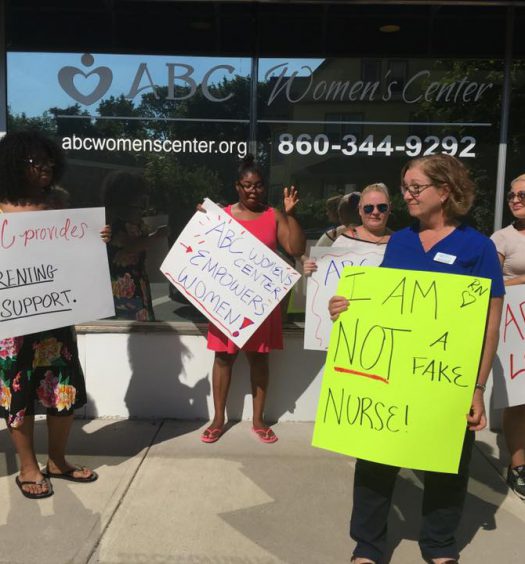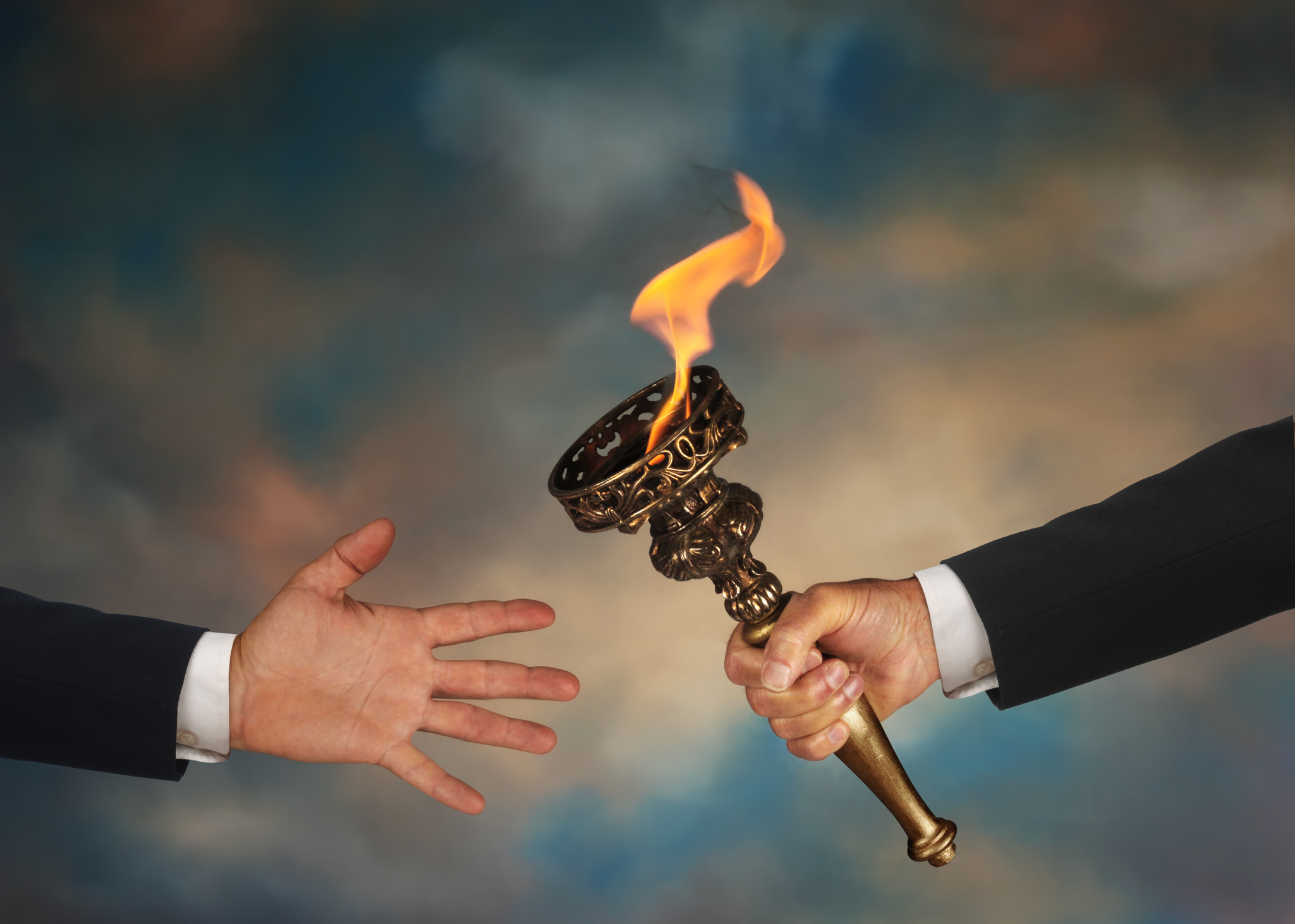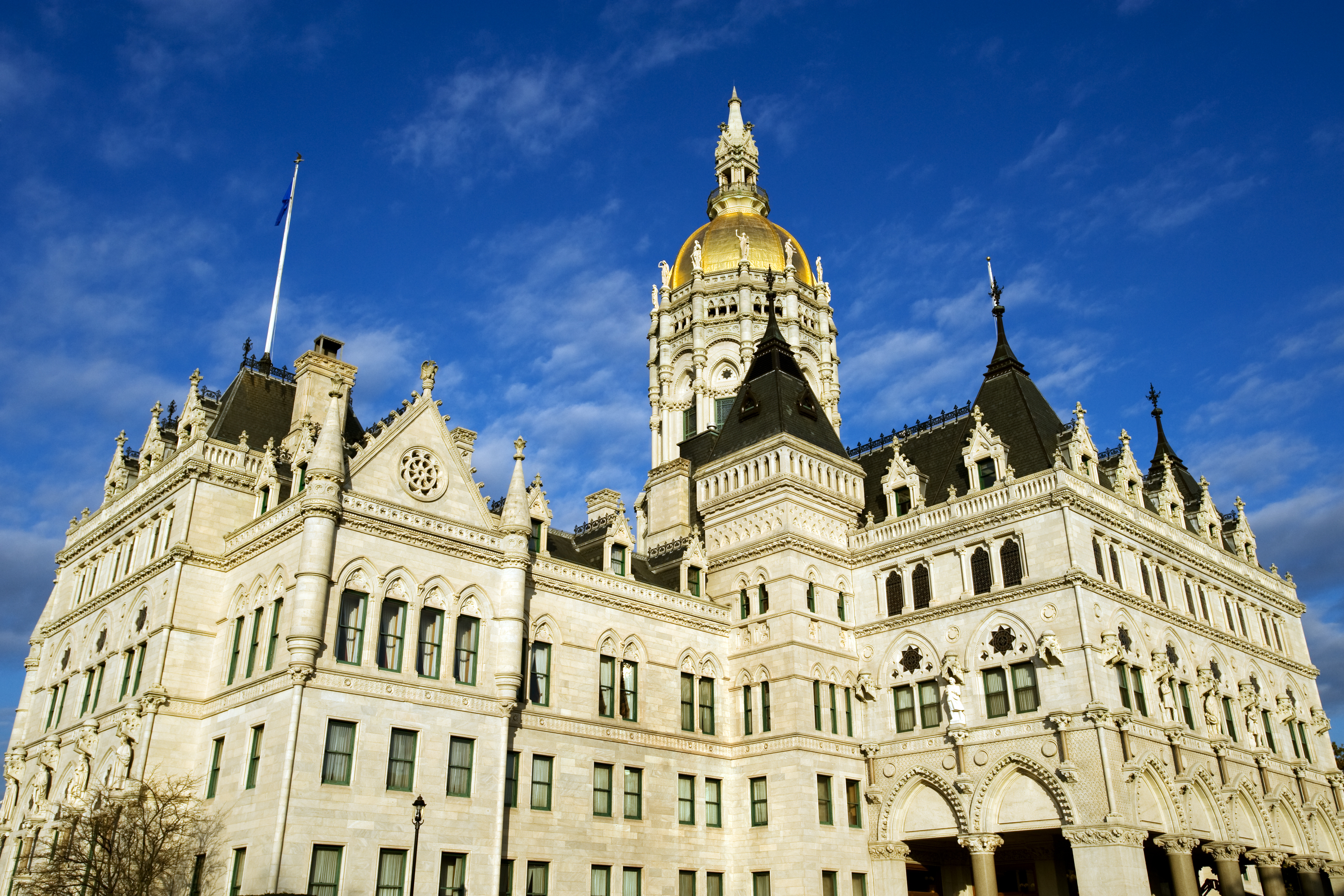UConn Law Symposium on Religious Freedom
That is my takeaway from having spent all day Friday at a UConn Law School symposium on the clash between same-sex marriage and religious liberty. It was laid bare not by the panelists who emphasized their lack of sympathy for religious liberty nor even by Gov. Malloy, whose appearance was the only part of the day to be covered by the press. No, it was the hostility of those present in the room to two panelists who were themselves pro same-sex marriage but who wanted to accommodate religious liberty. In a day filled with contempt toward people of a traditional worldview and incomprehension over their First Amendment claims, nothing better illustrated the extreme agenda aimed at you and me – and at our faiths and families – than that.
Not that any of the speakers or audience members believed themselves to be unsympathetic to religious liberty. In their minds they are the detached arbiters of neutral law and those of us concerned about increasing hostility toward our First Amendment liberties are merely whiners engaged in special pleading. Our free speech and religious liberty rights are no more than “carve-outs” to them, an attempt to craft an “off-ramp from laws of general applicability.” The two middle-of-the-road panelists recognized this false narrative for the power grab that it is and their refusal to play along did not go over well with the audience.
The first panel, “Federal and State Protection for Corporate Religious Liberty” pitted two critics of Hobby Lobby, the U.S. Supreme Court’s 2014 ruling that closely-held corporations cannot be forced to violate the beliefs of their owners if there is a less-restrictive means to achieve the same aim. The panel included – I kid you not – a law professor arguing that because the only objections against being coerced to be complicit in a same-sex wedding have thus far come from white Christians, the objections are not really about religious liberty or free speech but about maintaining white Christian supremacy. Her argument might come as a surprise to African-American Christians, who have shown greater opposition to same-sex marriage than white Christians, or to Kelvin Cochran, the first black fire chief at a Georgia fire department who lost his job for expressing a Biblical view on human sexuality.
But no, it comes down to the LGBT community and Christians being “not equal in power,” she told us. And it’s true, they’re not. But not in the way she thinks. The former are far more powerful. This theme of the elite vs the oppressed would come up repeatedly throughout the day, with the powerful claiming to speak for the oppressed or to be oppressed themselves, and assigning to those few of us who resist the LGBT juggernaut the role of powerful elite.
Another speaker on the first panel spoke in favor of unionizing the Catholic Church’s workforce. She laughed off objections she had heard about the unions then forcing the Church to cover abortions, assuring us that it could not happen under the law. “For now,” I thought. And I thought of what the writer Rod Dreher calls “The Law of Merited Impossibility”: “It will never happen and when it does you bigots will deserve it.” Other speakers later in the day would openly acknowledge the possibility of new restrictions to religious freedom that are not yet in the law in order to further their understanding of a neutral applicability of the law.
In the Q and A following the first panel, the professor making the white supremacy argument–who had earlier said white Christians were only 43% of the population–now complained that a powerful majority religion had taken a concept meant to protect minorities, religious liberty, and was utilizing it for the benefit of the “elite.” Who knew the poor baker or photographer who simply wanted to not be coerced into participating in a same-sex wedding were the “elite” and the full gamut of forces arrayed against them, from Hollywood to the Fortune 500, were the oppressed?
Many of the other questions were hostile inquiries about Hobby Lobby. The legal academy really does not like the rather modest victory for religious liberty that is Hobby Lobby, and that should worry us for the reasons I laid out in an article of the Brezhnevism of the Left. What the legal academy wants the legal academy eventually gets, as we saw with the swiftness in which Bowers v Hardwick was overturned, which then put the country on the road to same-sex marriage.
Another important Q and A moment came when the panel’s sole supporter of Hobby Lobby, a Jewish law professor from Pepperdine, challenged the audience’s cramped understanding of religious practice. “Nothing could be more anathema to Judaism than to take religion out of commerce,” he explained to a largely uncomprehending crowd.
Next came the “Religious Community Perspective” panel and that is where things got interesting. Rabbi Bruce Alpert of Beth Israel Synagogue in Wallingford opened with a defense of religious liberty, saying he supports same-sex marriage but he is concerned for the pressure Obergerfell, the SCOTUS ruling that imposed it on the whole country, puts on clergy who disagree with it. Who is the Supreme Court to determine what marriage is, he asked. The Court has now put a rabbi who disagrees in the position of denying someone what is now an institutional right. “Religion is absolutely necessary for the preservation of democracy,” he added later.
During the Q and A, Rabbi Alpert’s comments were attacked for being ambiguous about Obergerfell instead of fully supportive. No quarter for religious liberty will be given! Nothing less than full compliance will be acceptable, apparently. The Rabbi was neither intimidated nor impressed. “You’re thinking like a lawyer,” Rabbi Alpert told his questioner and he did not mean it as a compliment. The Rabbi said his was “a legitimate view of conscience” and, I might add, a modest one. That the audience would not not concede to Rabbi Alpert even that much tells us a great deal about what they think of us and our Constitutional liberties.
The third panel was moderated – if we can call it that – by Linda Greenhouse, the famously liberal court reporter for the New York Times. She opened with a long statement against religious liberty as “an off-ramp for laws off general applicability.”
The first panelist then rightly warned against our present situation where 70% of the body politic has no sympathy for those with whom they disagree, seeing their opposition as either sinful or bigoted. He went on to claim, though, that the conventional wisdom that religious believers have lost power and LGBT activists have gained it is no longer true because of President Trump. I very much doubt it. Tell it to North Carolina or any other place that has been instructed by the Fortune 500 to do what it’s told on LGBT issues or else. Tell it to the men and woman in Corporate Connecticut whose bosses have told them that 20% of their next evaluation will depend on whether they are deemed to be supportive enough of the LGBT agenda. Tell it to the Mayor of Hartford’s hand-picked first choice for leading the local school system, a minister who was denied the job because he led a group that opposed same-sex marriage in Massachusetts ten years earlier even though he disavowed the group’s position. The Hartford Courant will make it a front page story when one transgender ROTC student in New Haven sues President Trump but if it’s not talking about these other things than it – and the symposium – is not having a serious conversation about LGBT activism, religious liberty and power.
Nowhere is this more evident than in the audience reaction to Robin Fretwell Wilson, a law professor seeking to secure both LGBT rights and religious liberty. I know Robin from our magnificently successful fight to secure religious liberty exemptions to same-sex marriage in Connecticut in 2009, which she aided. I don’t agree with her on everything. She mangles history, for instance, when she erroneously includes Connecticut as a state that “voluntarily” accepted same-sex marriage, which she thinks came about through a compromise in which she played a part. In fact, the State Supreme Court imposed same-sex marriage by judicial fiat in October, 2008, ordering clerks to begin issuing same-sex marriage licenses in November, and the law codifying it – of which Robin was a part – was not passed until the following April. At that point same-sex marriage licenses had already been issued for the previous five months on the authority of no one but the court. What Robin helped secure was a huge victory for religious liberty, restoring freedoms that were in question after Kerrigan, the state ruling. Betty Gallo’s vow to repeal what we won is further proof that the 2009 exemptions were far more a victory for us than a compromise between the two sides.
But saying so in that audience would not have helped the cause of religious liberty or Robin’s good faith attempts to find common ground. None other than the morning’s keynote speaker attacked Robin’s attempt to accommodate both sides as “pernicious.” He called her proposed bargain “selling rights.” And he got applause for that. The only questioner to get applause all day got it for making a statement that rejected a middle ground approach to accommodate both sides and essentially argued for crushing religious liberty whenever it conflicts with LGBT issues.
Linda Greenhouse continued on in that vein, saying the the Obamacare Contraceptive Mandate is “where the rubber hits the road” because exemptions to it are a “right to deny service.” A “service” – contraceptives your employer is forced to pay for by government mandate – that did not even exist until five or six years ago? What other “services” might we be required to provide in the future that we will not be allowed to object to? Surgical abortions? How about making Jewish delis serve pork? There is no logical stopping point to the case Greenhouse is making here. Government could potentially require anything if it can claim that the denial of that thing would mean “third party harm.” It’s a recipe for totalitarianism. Greenhouse went on to mock the Little Sisters of the Poor’s claim that it was a “substantial burden” on them to fill out a form making them complicit in contraception.
As with the Rabbi so with Robin during the Q and A. “Where are you deriving the authority to say that these compromises are positive?” she was asked. Social peace is not a common good to be sought, according to this audience. Opposition must be crushed. Another panelist hinted at future attacks on Christian colleges and their tax-exempt status, citing as a hypothetical a gay couple who meet at Notre Dame and wish to marry in its chapel. It seems new battle plans against religious liberty have already been drawn up. Our opposition is just waiting for the right plaintiffs to emerge.
Gov. Malloy then spoke as reported blandly by the Connecticut Post. Religious freedom is not a right to discriminate, he said. Who gets to decide which is which, Governor? If left to the tender mercies of the people in that room everything is discrimination and nothing is–as the Rabbi called it–“a legitimate view of conscience.” The Governor referenced the 2011 transgender law he passed and mocked FIC’s concern for bathroom privacy. Tell it to this 10 year old girl, Governor.
He then took questions, all of which asked, in essence, why are you so awesome, Gov. Malloy? The Governor modestly responded that it was “evolutionary.” He was raised in a Catholic family and went to Catholic schools, you see, and had to overcome it. What I was taught and heard preached in church was different than home, he said. Church was insensitive and discriminatory but his mom was not. One has to wonder about the Catholic institutions that formed the Governor with such a limited understanding of the matters for which he now excoriates his church before an audience this powerful and hostile to religious liberty.
And that, finally, is what it comes down to. The people in that august gathering believe either that they are the oppressed or are defending the oppressed and that the families who were meeting at about the same time in the basement of a Waterbury church to homeschool their children are the powerful elite. The truth could not be more opposite.
But the Governor just continued on about how giving religious liberty to the likes of the Little Sisters of the Poor was somehow “giving more rights to wealthy people.” He claimed falsely that the prosecution of the Planned Parenthood video-makers occurred because the videos were doctored. He got a standing ovation after he went on about services Planned Parenthood provides that it does not in fact provide. It was the powerful saluting the powerful for saying something that was not true.
During the final panel, about Connecticut, moderator Colin McEnroe noted that our state’s same-sex marriage ruling hinged on the court finding that gay people are a group in need of special protection. But as FIC noted at the time, one of the prongs for being a protected class is that you must be a “politically powerless” group. The only ones who would describe gay activists as powerless are the very powerful people in that room and elsewhere who are eager to crush the most mild requests not to be coerced in the matter of same-sex marriage. The irony is lost on them.

















